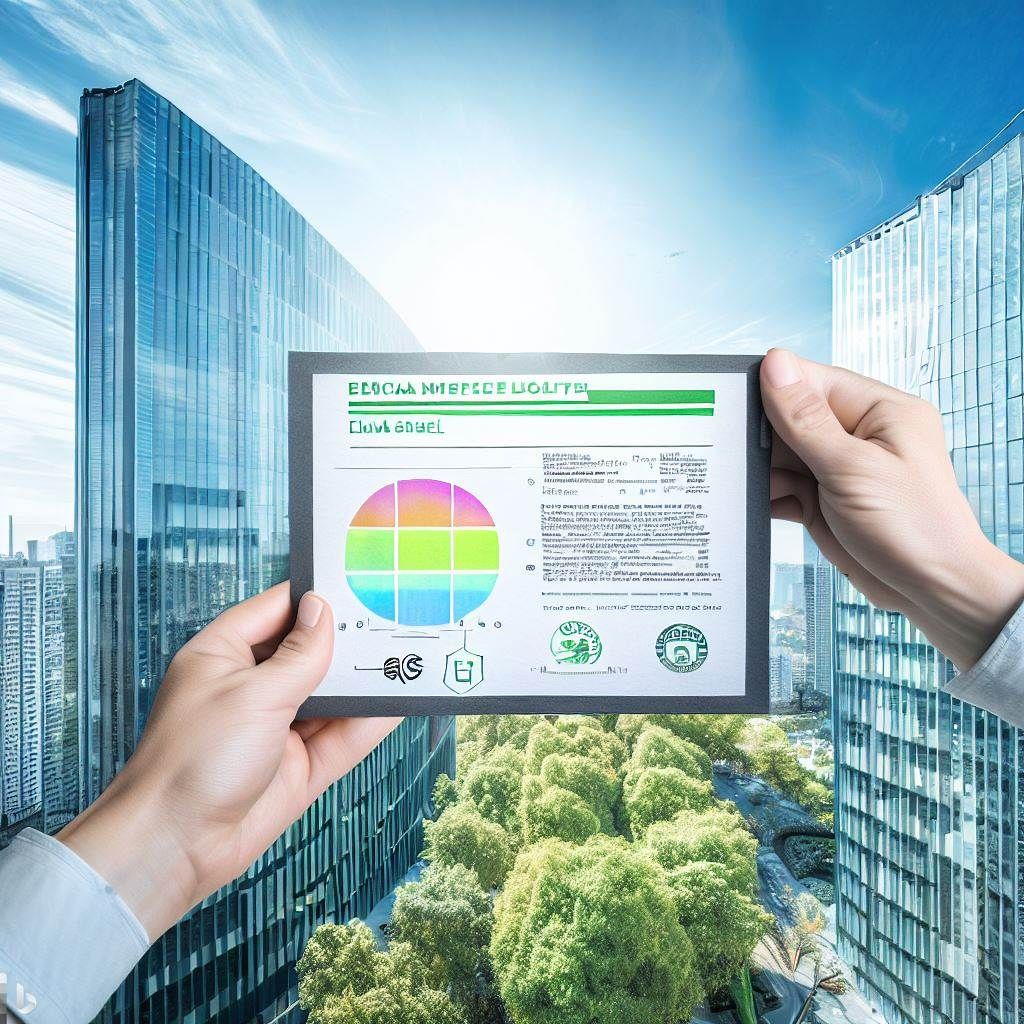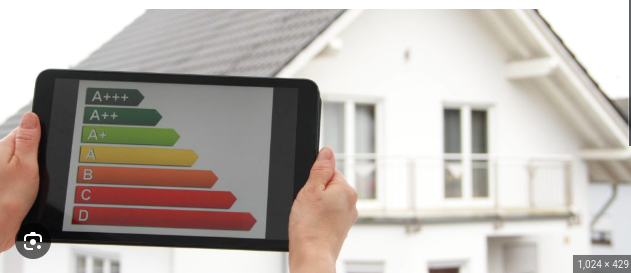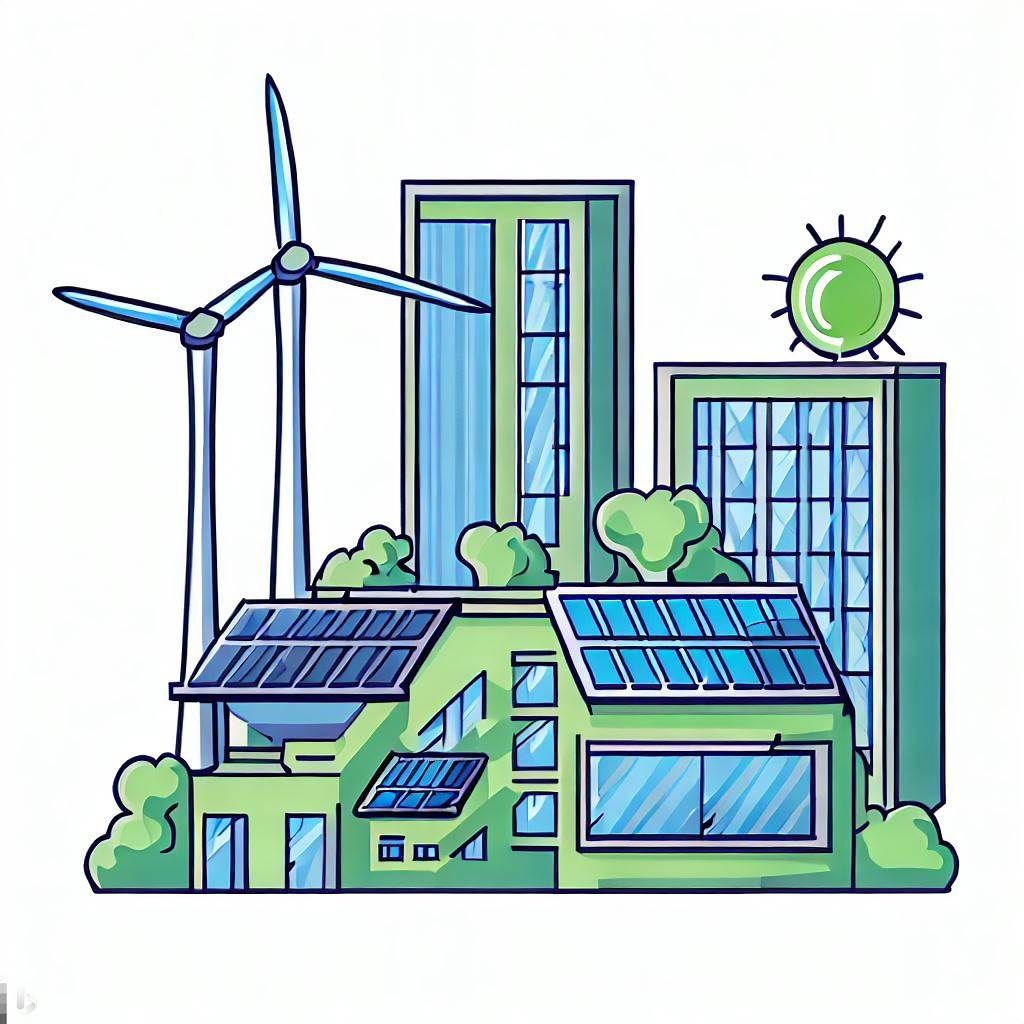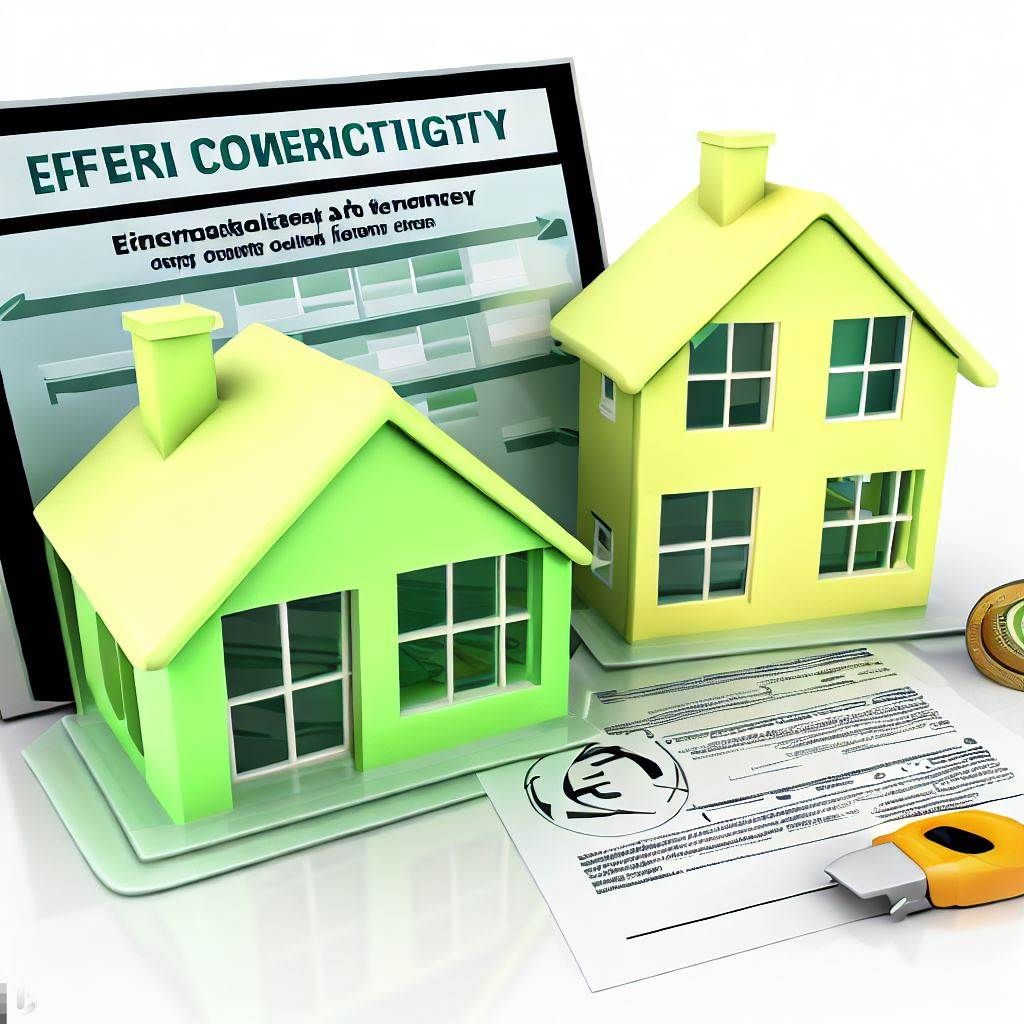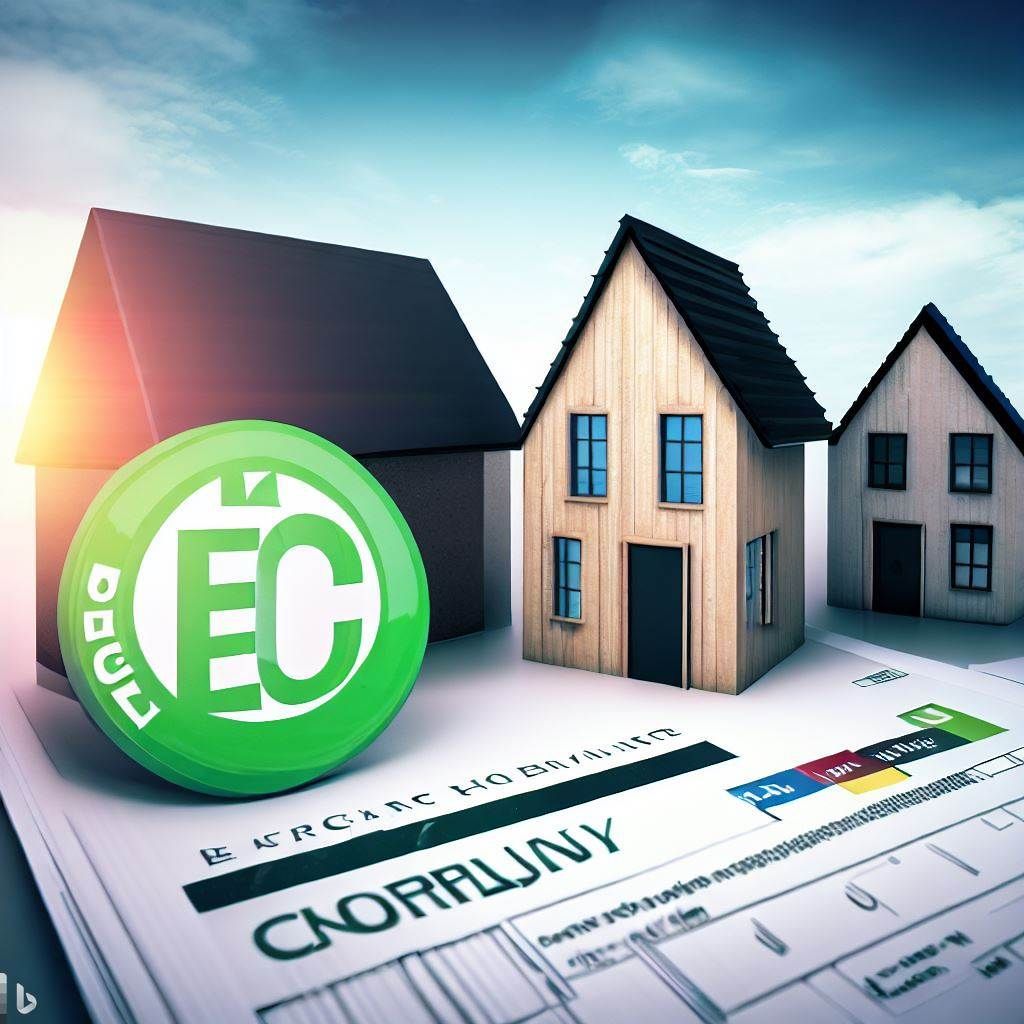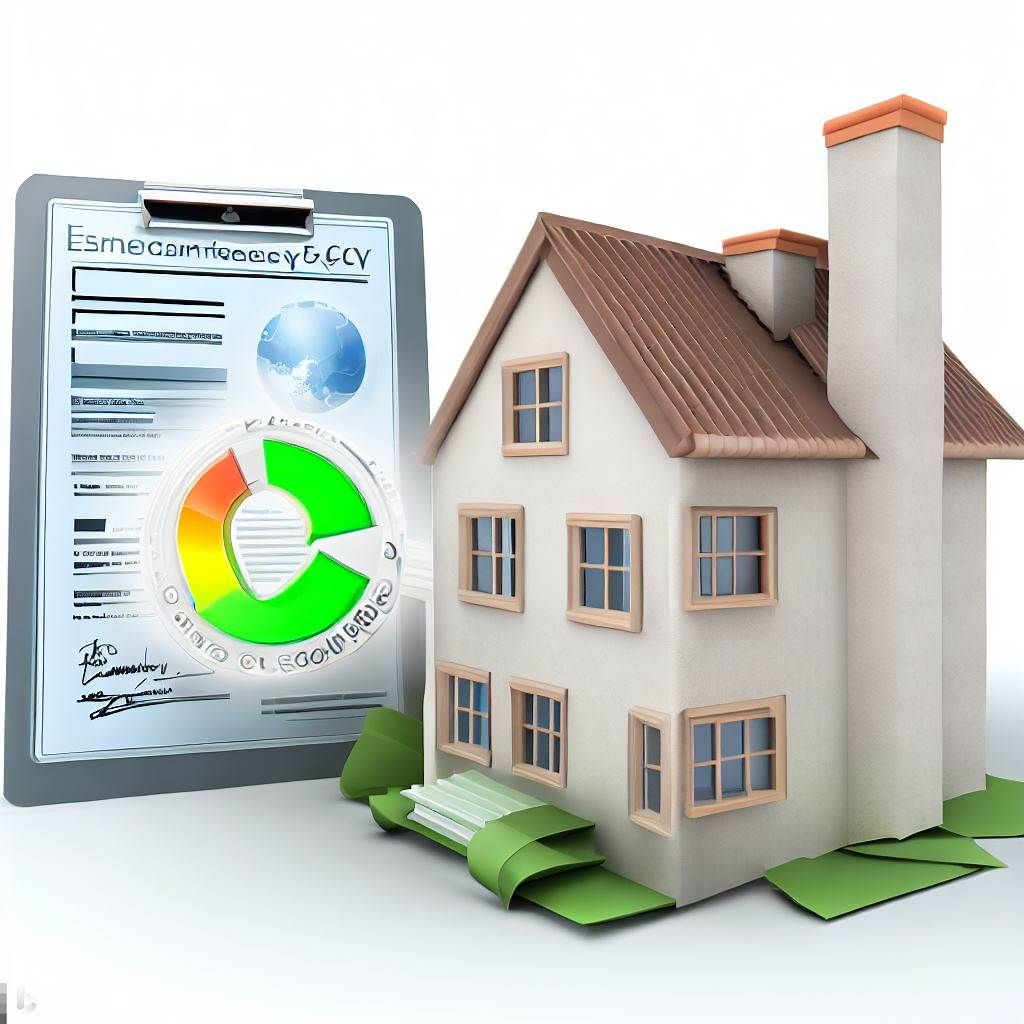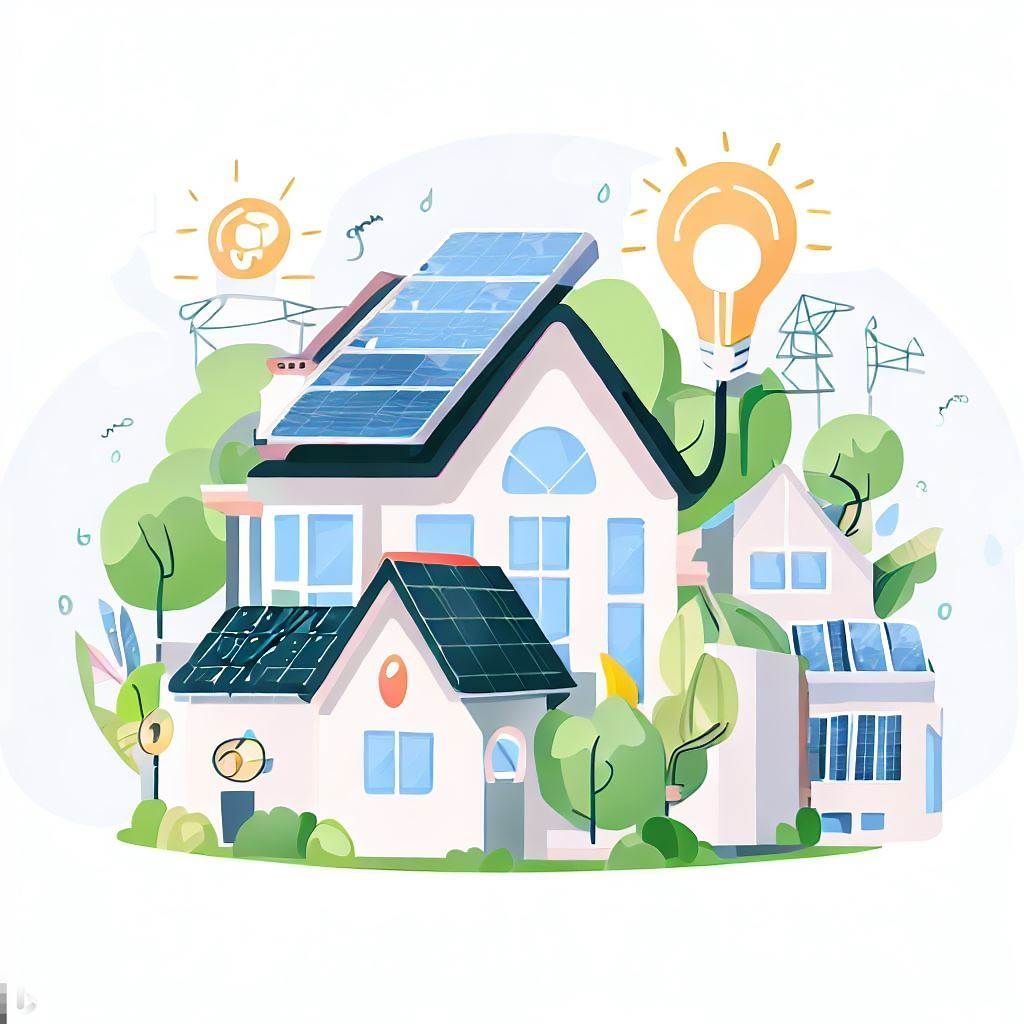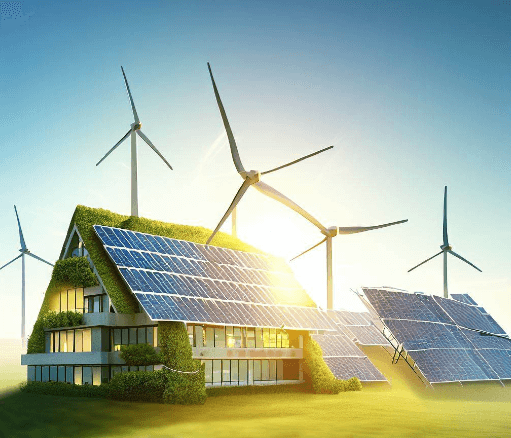Qualifications Required to Become an Energy Assessor: A Comprehensive Guide
My Guide To The Qualifications You Require To Become An Energy Assessor In 2023.
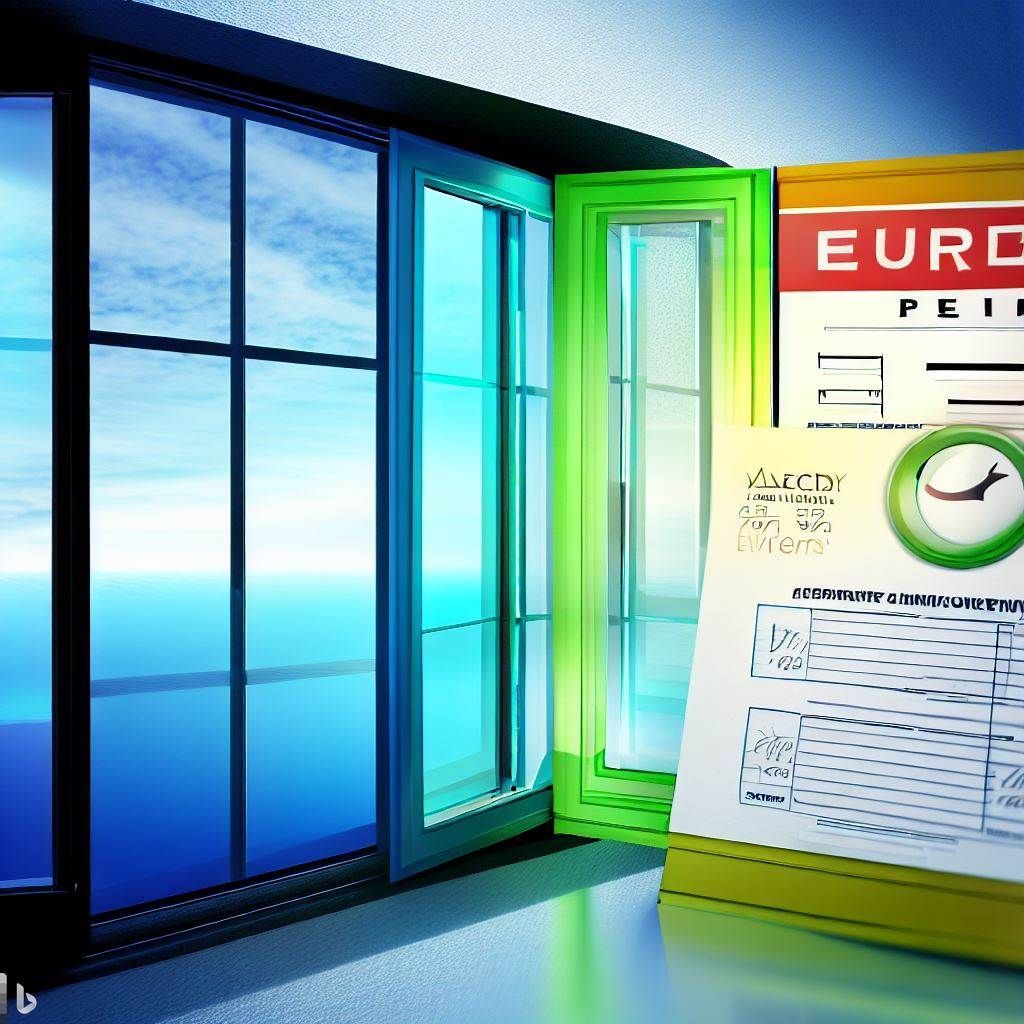
Introduction:
In today's world, where environmental concerns and sustainability have taken center stage, the demand for energy assessors has soared. These professionals play a crucial role in evaluating and improving the energy efficiency of buildings, helping to reduce carbon footprints and promote a greener future. If you're considering a career as an energy assessor, it's essential to understand the qualifications required to excel in this field. In this blog post, we will explore the key qualifications and skills needed to become an energy assessor.
1. Technical Knowledge:
To be an effective energy assessor, a strong foundation in technical knowledge is essential. Familiarity with building construction, heating, ventilation, and air conditioning (HVAC) systems, and renewable energy technologies is vital. Understanding energy performance certificates (EPCs), energy audits, and energy-saving measures is also crucial. This technical knowledge will form the basis for conducting accurate assessments and providing effective energy-saving recommendations.
2. Relevant Certifications:
Obtaining the necessary certifications is a significant step towards becoming a qualified energy assessor. The specific certifications required may vary depending on the region or country, but commonly recognised qualifications include:
- Level 3 Certificate in Energy Assessment (Domestic): This certification focuses on assessing residential properties and covers aspects such as building fabric, heating systems, and renewable technologies.
- Level 4 Certificate in Energy Assessment (Non-Domestic): This certification is geared towards assessing commercial and non-domestic properties. It encompasses topics such as energy efficiency regulations, systems performance, and energy auditing.
3. Accreditation and Licensing:
After acquiring the relevant certifications, aspiring energy assessors may need to obtain accreditation from a recognised professional body or government organisation. These accreditation schemes ensure that assessors meet the required standards of competence and professionalism. Additionally, some countries or regions might have licensing requirements that must be fulfilled to practice as an energy assessor legally.
4. Continued Professional Development (CPD):
The field of energy assessment is ever-evolving, with new technologies and regulations emerging regularly. To stay current and maintain their expertise, energy assessors should engage in continued professional development activities. This can involve attending workshops, seminars, and industry conferences, as well as keeping up-to-date with the latest advancements and legislative changes.
5. Communication and Analytical Skills:
Effective communication skills are vital for energy assessors. They must be able to convey complex technical information to clients in a clear and understandable manner. Additionally, strong analytical skills are required to interpret data, analyse energy consumption patterns, and recommend appropriate energy-saving measures. Attention to detail and the ability to work independently and as part of a team are also important qualities for success in this field.
Conclusion:
Becoming an energy assessor is an exciting career path that combines environmental responsibility with technical expertise. To excel in this field, aspiring energy assessors must acquire the necessary technical knowledge, obtain relevant certifications, and secure accreditation or licensing. Continued professional development ensures that they stay up-to-date with industry advancements. By developing strong communication and analytical skills, energy assessors can effectively assess energy performance, make informed recommendations, and contribute to a sustainable future. If you have a passion for energy efficiency and a desire to make a positive impact, a career as an energy assessor might be the perfect fit for you.
